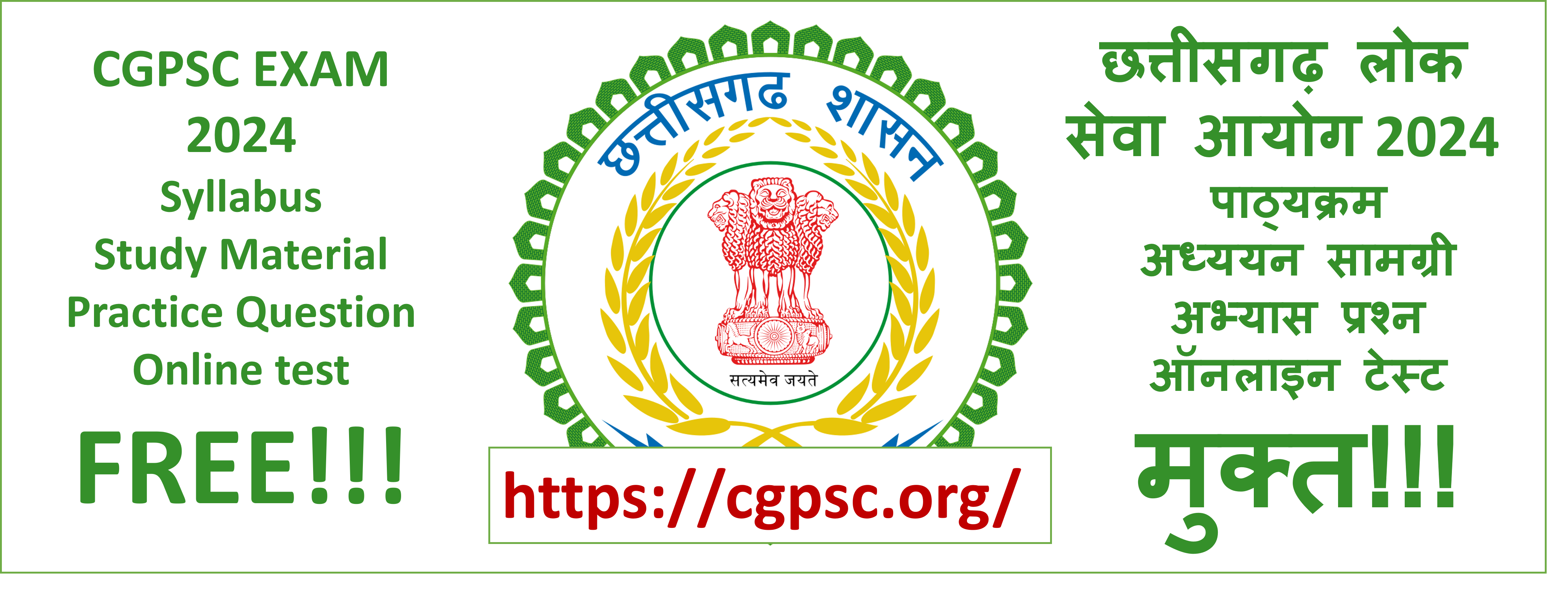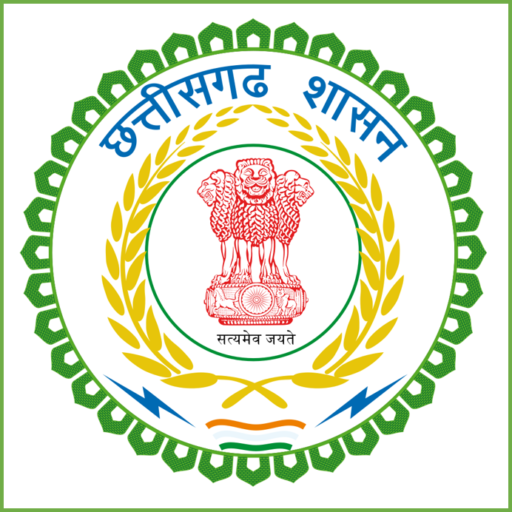Part 1 – General Studies: Constitution and political system of India

| Question | Correct Answer |
|---|---|
| Who presides over the joint sitting of the Parliament in India? | The Speaker of the Lok Sabha |
| The Indian Constitution is the longest written constitution of any sovereign country in the world. It was originally written in which languages? | Hindi and English |
| Which Article of the Indian Constitution provides for the Right to Education for children aged 6 to 14 years? | Article 21A |
| The ‘Schedules’ in the Indian Constitution were originally how many in number? | 8 |
| The term ‘Secular’ was added to the Preamble of the Indian Constitution by which amendment? | 42nd Amendment |
| Which Fundamental Duty was added by the 86th Constitutional Amendment Act? | Duty to provide education to children |
| The President of India can declare a National Emergency on the grounds of: | War, External Aggression, or Armed Rebellion |
| The ‘Right to Equality’ is covered under which Articles of the Indian Constitution? | Articles 14 to 18 |
| Who is the head of the State in India? | The President |
| The concept of Five Year Plans in India was borrowed from the constitution of which country? | USSR |
| Which Article of the Indian Constitution deals with the election of the President? | Article 54 |
| The ‘Right against Exploitation’ in the Indian Constitution is under which Articles? | Articles 23 to 24 |
| Who is responsible for appointing the Governor of a state in India? | The President |
| The Indian Constitution was amended for the first time in which year? | 1951 |
| Which part of the Indian Constitution deals with the Panchayati Raj? | Part IX |
| The concept of ‘Single Citizenship’ in India is inspired by the constitution of which country? | UK |
| The ‘Right to Freedom of Religion’ in the Indian Constitution is covered under which Articles? | Articles 25 to 28 |
| Which Article of the Indian Constitution deals with the appointment of the Prime Minister? | Article 75 |
| The Indian Constitution describes India as: | A Union of States |
| The ‘Right to Constitutional Remedies’ is provided under which Article? | Article 32 |
Choose the correct answer
Question 1: Who presides over the joint sitting of the Parliament in India?
Option 1: The President
Option 2: The Vice President
Option 3: The Speaker of the Lok Sabha
Option 4: The Chief Justice of India
Correct Answer: The Speaker of the Lok Sabha
Question 2: The Indian Constitution is the longest written constitution of any sovereign country in the world. It was originally written in which languages?
Option 1: Hindi and English
Option 2: Hindi and Sanskrit
Option 3: English and Sanskrit
Option 4: English and Urdu
Correct Answer: Hindi and English
Question 3: Which Article of the Indian Constitution provides for the Right to Education for children aged 6 to 14 years?
Option 1: Article 21A
Option 2: Article 24
Option 3: Article 45
Option 4: Article 46
Correct Answer: Article 21A
Question 4: The ‘Schedules’ in the Indian Constitution were originally how many in number?
Option 1: 6
Option 2: 8
Option 3: 10
Option 4: 12
Correct Answer: 8
Question 5: The term ‘Secular’ was added to the Preamble of the Indian Constitution by which amendment?
Option 1: 42nd Amendment
Option 2: 44th Amendment
Option 3: 52nd Amendment
Option 4: 61st Amendment
Correct Answer: 42nd Amendment
Question 6: Which Fundamental Duty was added by the 86th Constitutional Amendment Act?
Option 1: Respect for the National Flag
Option 2: Duty to vote
Option 3: Duty to provide education to children
Option 4: Duty to protect public property
Correct Answer: Duty to provide education to children
Question 7: The President of India can declare a National Emergency on the grounds of:
Option 1: War, External Aggression, or Armed Rebellion
Option 2: Financial Instability
Option 3: Failure of Constitutional Machinery
Option 4: All of the above
Correct Answer: War, External Aggression, or Armed Rebellion
Question 8: The ‘Right to Equality’ is covered under which Articles of the Indian Constitution?
Option 1: Articles 14 to 18
Option 2: Articles 19 to 22
Option 3: Articles 23 to 24
Option 4: Articles 25 to 28
Correct Answer: Articles 14 to 18
Question 9: Who is the head of the State in India?
Option 1: The President
Option 2: The Prime Minister
Option 3: The Chief Justice
Option 4: The Speaker of the Lok Sabha
Correct Answer: The President
Question 10: The concept of Five Year Plans in India was borrowed from the constitution of which country?
Option 1: USA
Option 2: USSR
Option 3: UK
Option 4: Germany
Correct Answer: USSR
Question 11: Which Article of the Indian Constitution deals with the election of the President?
Option 1: Article 52
Option 2: Article 54
Option 3: Article 55
Option 4: Article 56
Correct Answer: Article 54
Question 12: The ‘Right against Exploitation’ in the Indian Constitution is under which Articles?
Option 1: Articles 17 to 18
Option 2: Articles 19 to 22
Option 3: Articles 23 to 24
Option 4: Articles 25 to 28
Correct Answer: Articles 23 to 24
Question 13: Who is responsible for appointing the Governor of a state in India?
Option 1: The President
Option 2: The Prime Minister
Option 3: The Chief Minister
Option 4: The Chief Justice of India
Correct Answer: The President
Question 14: The Indian Constitution was amended for the first time in which year?
Option 1: 1950
Option 2: 1951
Option 3: 1952
Option 4: 1953
Correct Answer: 1951
Question 15: Which part of the Indian Constitution deals with the Panchayati Raj?
Option 1: Part IX
Option 2: Part X
Option 3: Part XI
Option 4: Part XII
Correct Answer: Part IX
Question 16: The concept of ‘Single Citizenship’ in India is inspired by the constitution of which country?
Option 1: USA
Option 2: UK
Option 3: Canada
Option 4: Australia
Correct Answer: UK
Question 17: The ‘Right to Freedom of Religion’ in the Indian Constitution is covered under which Articles?
Option 1: Articles 25 to 28
Option 2: Articles 29 to 30
Option 3: Articles 31 to 32
Option 4: Articles 33 to 34
Correct Answer: Articles 25 to 28
Question 18: Which Article of the Indian Constitution deals with the appointment of the Prime Minister?
Option 1: Article 74
Option 2: Article 75
Option 3: Article 76
Option 4: Article 77
Correct Answer: Article 75
Question 19: The Indian Constitution describes India as:
Option 1: A Federation of States
Option 2: A Union of States
Option 3: A Confederation of States
Option 4: A Sovereign Nation
Correct Answer: A Union of States
Question 20: The ‘Right to Constitutional Remedies’ is provided under which Article?
Option 1: Article 32
Option 2: Article 33
Option 3: Article 34
Option 4: Article 35
Correct Answer: Article 32
Home

Leave a Reply